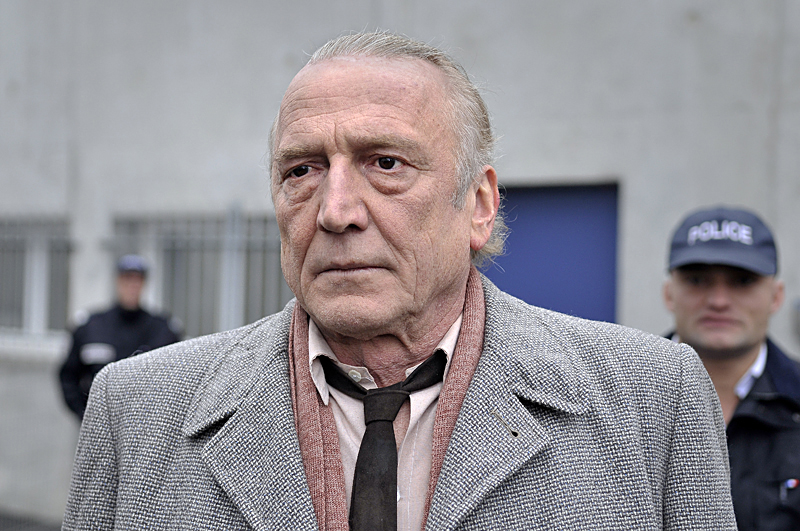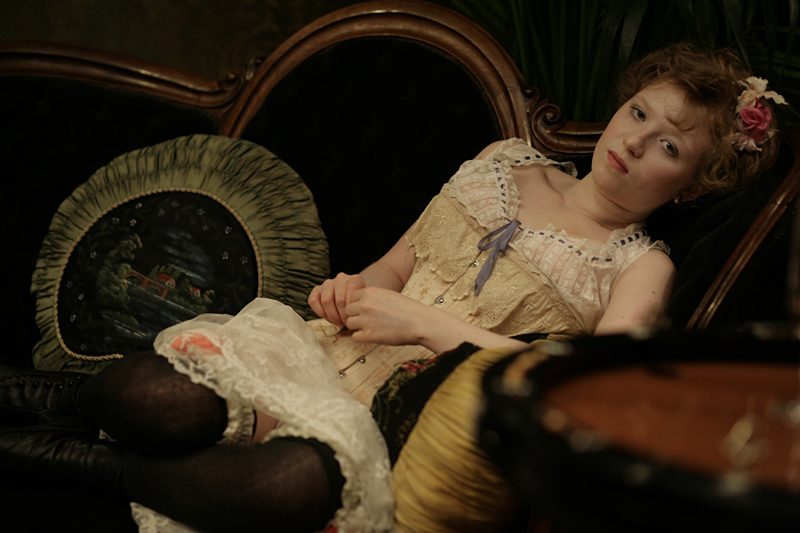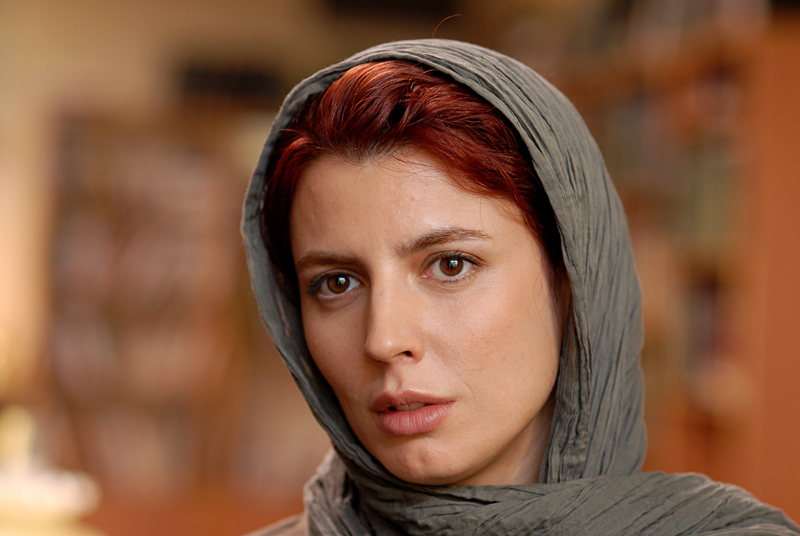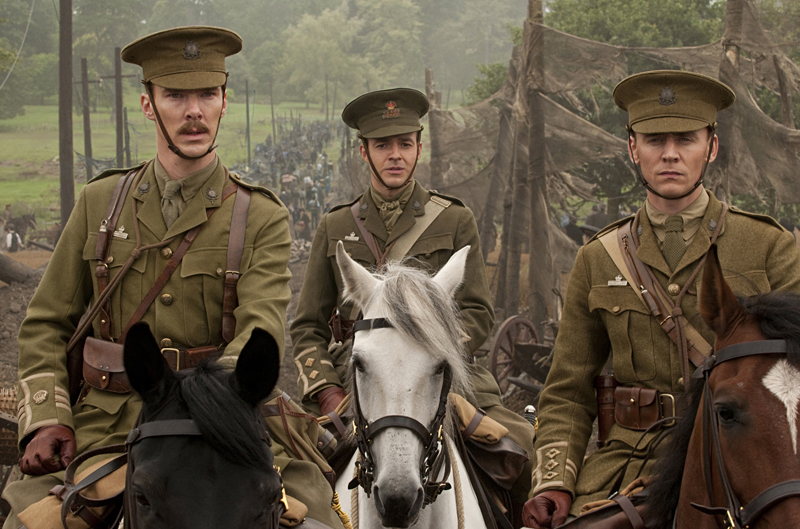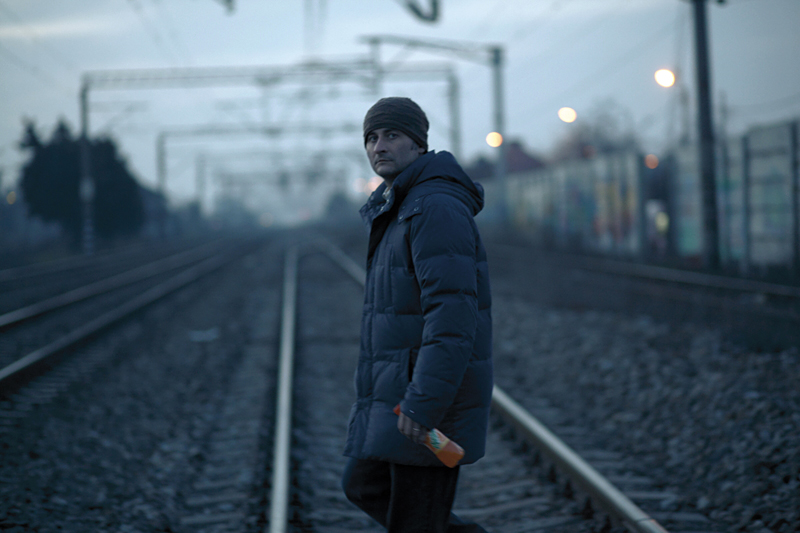Aki Kaurismäki’s Le Havre is something of a comeback for the Finnish filmmaker. His warmhearted comedy of underdog, working-class solidarity, made with a mixed Finnish/French/Senegalese cast in the French port city of Le Havre, was the most warmly received movie—at least by the press—shown last May in Cannes. The French setting seems to have leavened Kaurismäki’s morose humor. Le Havre (“the haven” in French) envisions a new, post-communist international. The movie’s pointedly named protagonist Marcel Marx (André Wilms) is a middle-aged shoe-shine boy with a weathered, noble profile, an upstanding wife, Arletty (Kati Outinen), a faithful dog, and a natural belief in fraternité. Marcel’s opportunity for comradely action comes when he meets a young Senegalese boy (Blondin Miguel), who was separated from his stowaway family en route to London and is being sought by the French authorities as an illegal alien. Despite the complication of Arletty’s terminal illness, the snooping of grim-faced inspector Monet (Jean-Pierre Darroussin), and the machinations of the neighborhood snitch (Jean-Pierre Léaud), Marcel is able to rally the denizens of Le Havre’s old fishermen’s quarter to the boy’s aid, complete with a “trendy charity concert.” “The loveliest dream bears like a blemish its difference from reality, the awareness that what it grants is mere illusion,” Theodor Adorno wrote of Kafka’s Amerika—an immigrant saga that Kaurismäki pointedly cites in the movie. So too this evocation of Europe’s refugee problem; Le Havre is utopian precisely because it shows everything as it is not.
Le Havre: A Return to Form for Aki Kaurismaki
